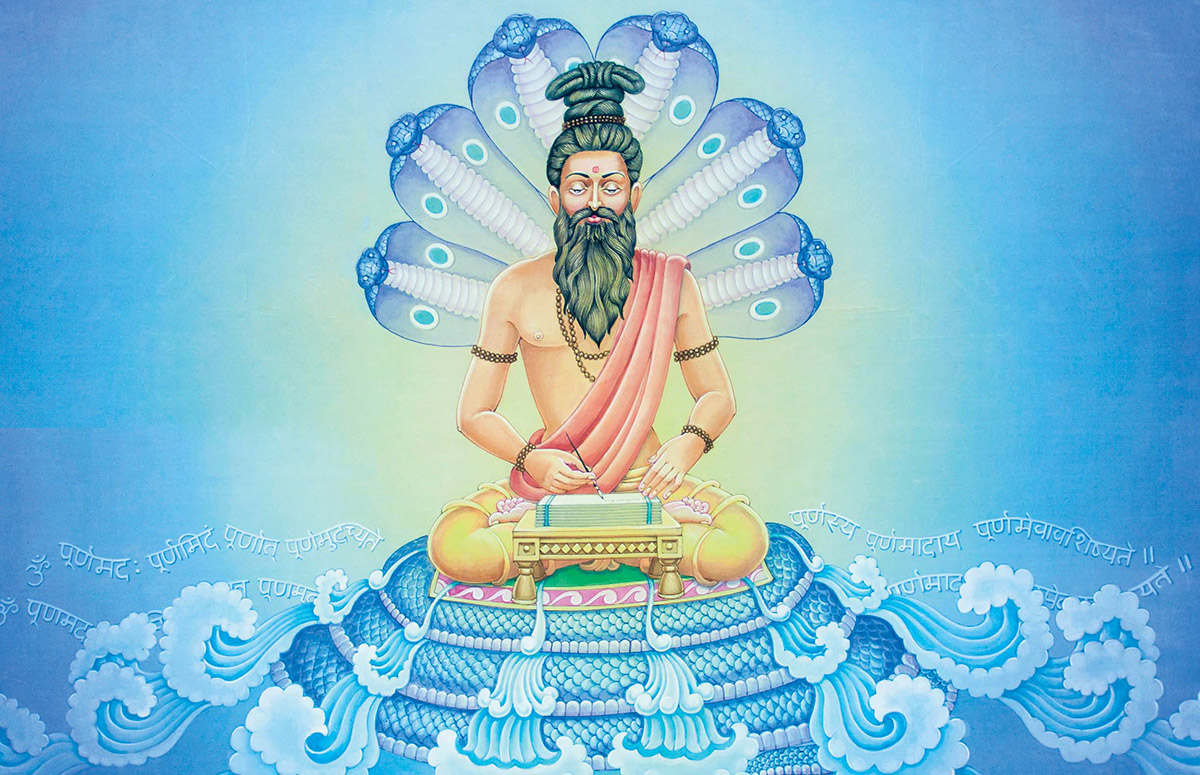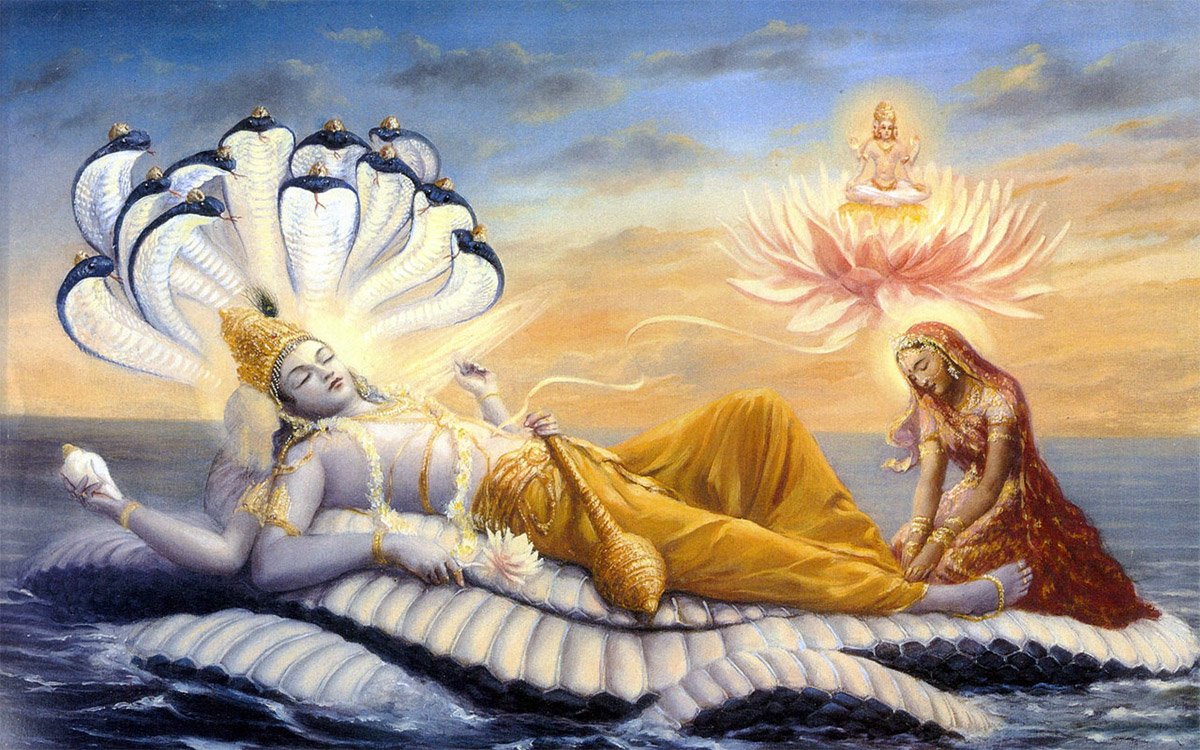Religion and Conversion
- 499shares
- Facebook498
- Twitter1
- Subscribe

Since the topic has come up, I would like to write a little bit on the topic of religion and conversion as taught within our Vedic texts.
Call Us or WhatsApp:
(+91) 8300181008
Do you have a question? Please write to us.
Ask a QuestionFor instructions to donate by cheque/DD or for online bank transfer please click here.

Since the topic has come up, I would like to write a little bit on the topic of religion and conversion as taught within our Vedic texts.

That the human form of life is special and unique in comparison to other species is accepted in practically all fields of scientific and philosophical knowledge. But what makes the human species so uniquely different from everything else is often lost in the whirlpool of academic pursuit. And because of this, one may sometimes feel that, since the fundamental distinguishing characteristic of man is so often missed by great philosophers and thinkers, it must therefore be an infinitely intricate and complex truth. But to the contrary, one may be surprised at the utter simplicity of this distinguishing trait of man, that due to is very simplicity, has caused it to remain a great mystery to many tremendous thinkers throughout history down to our present day.
Question: You have mentioned [in Tattva Prakasha 1.1] that at the final devastation Lord Brahma will also have to face his karma but I have indeed read that Lord Brahma goes to Vaikuntha upon the final devastation. Please clarify.
Question: What do you actually mean by the word “Sadhana”?
Question: Could you briefly compare Hinduism to other religions.
Question: Why is Sri Radha’s name not mentioned in the Srimad Bhagavatam, and is worship of Sri Radha authorized in the scriptures? Also when did the Rasa Lila occur with the gopis?
Question: Why does Lord Vishnu choose to rest on “sesha naga”.
Question: I was curious as to why the Ramayana seems to have been embraced culturally by much of Southeast Asia. If you look at Bali, Cambodia, etc., you see that much of their art, dance, etc., revolves around this Indian epic. How is it that the Ramayana has taken hold throughout south east Asia while other Indian traditions are not as strong. What is it in the Ramayana that speaks to such a vast range of people?
Question: Is it possible for a man in this age to attain ‘enlightenment’?
Question: In all spiritual texts it is written that in this Kaliyuga man has become extremely materialistic and that is the main reason that he cannot express his divine form. Arjuna lived in the period of Dvapara-yuga wherein man was more spiritualistic; moreover he had attained tremendous knowledge of divinity. Despite all this how come he became entangled in the material world (which subsequently led to the teaching of Gita). Was it stage managed by lord Krishna to give a message for people of the yugas to follow? Please clarify.